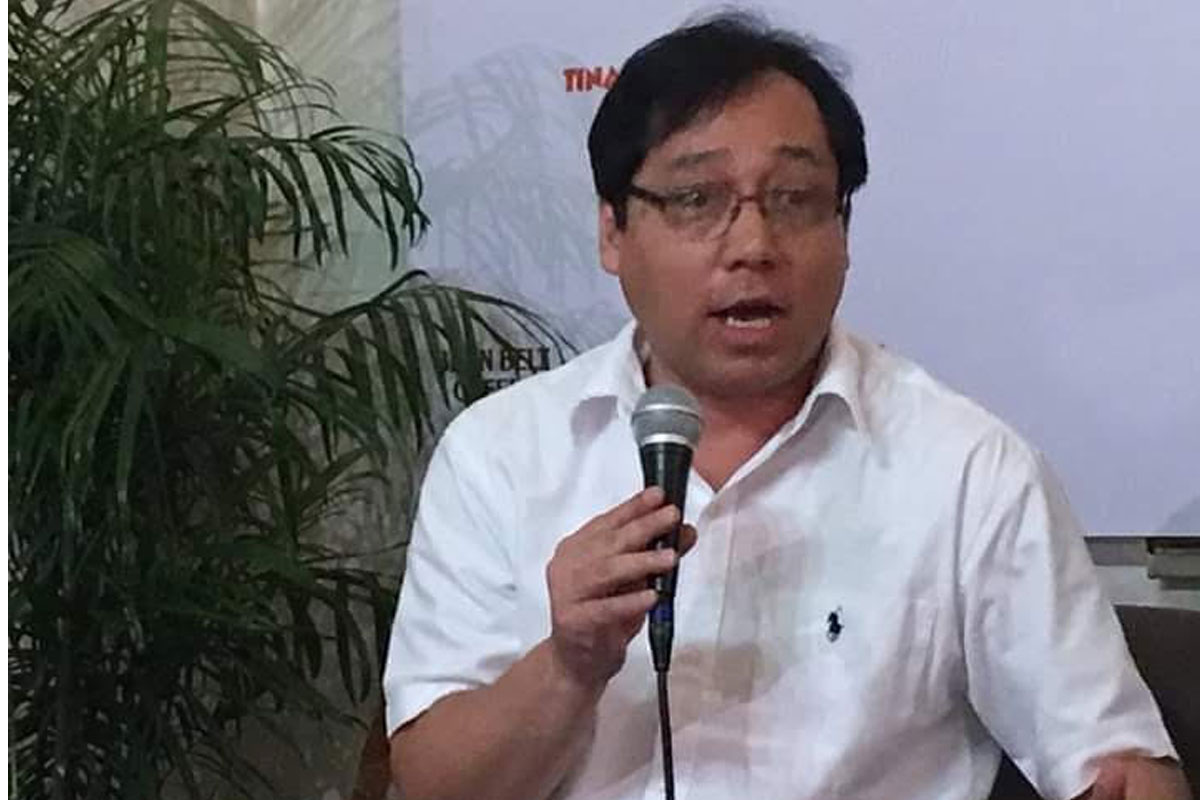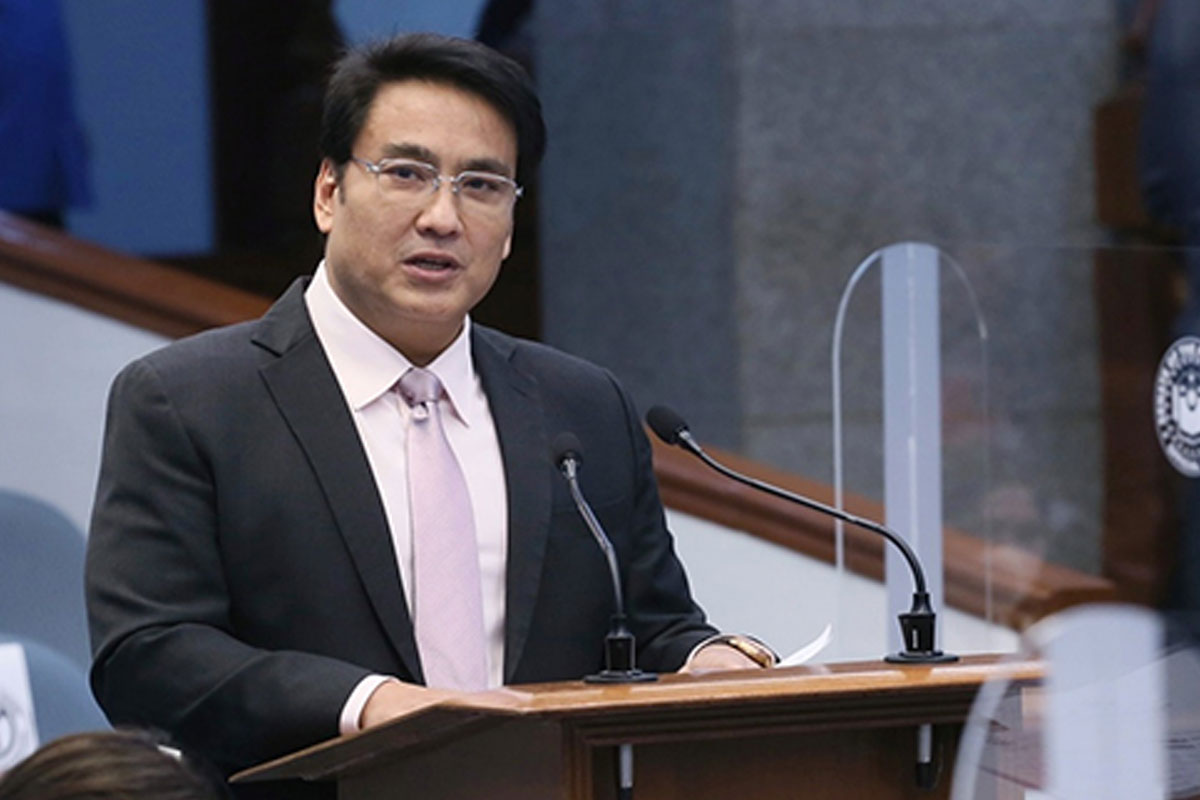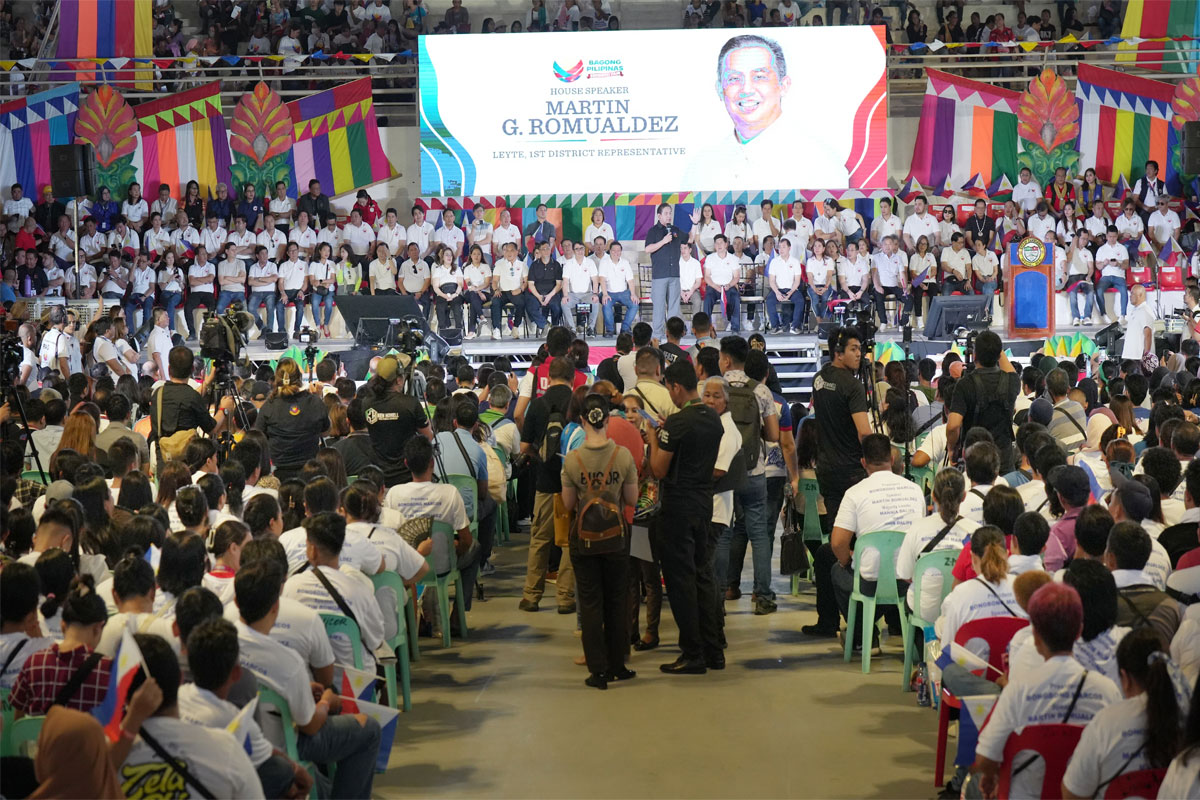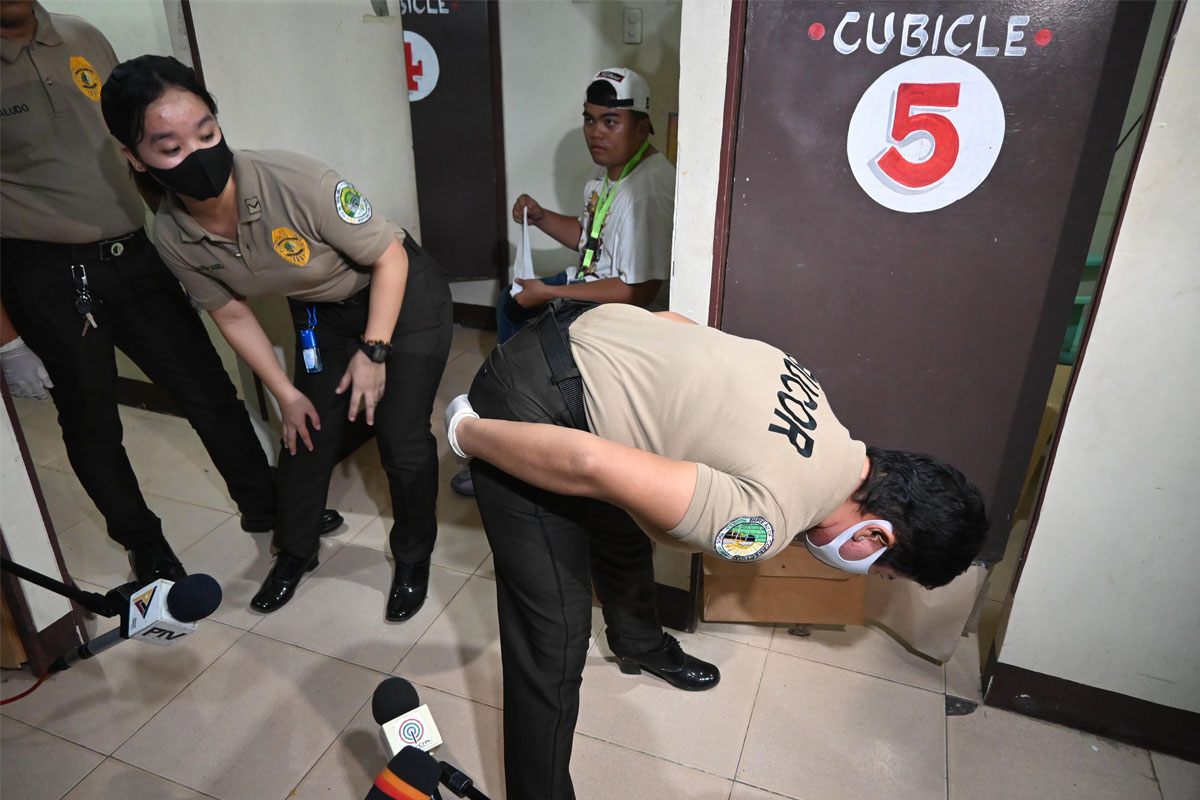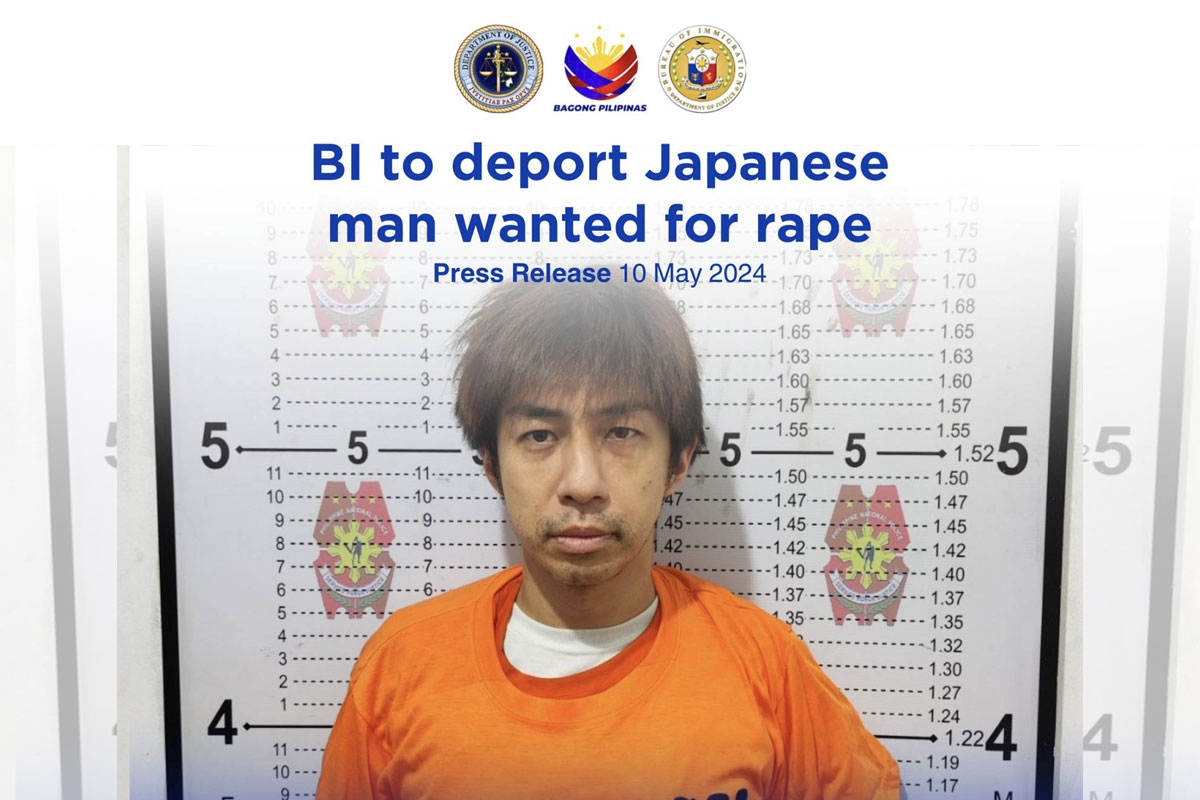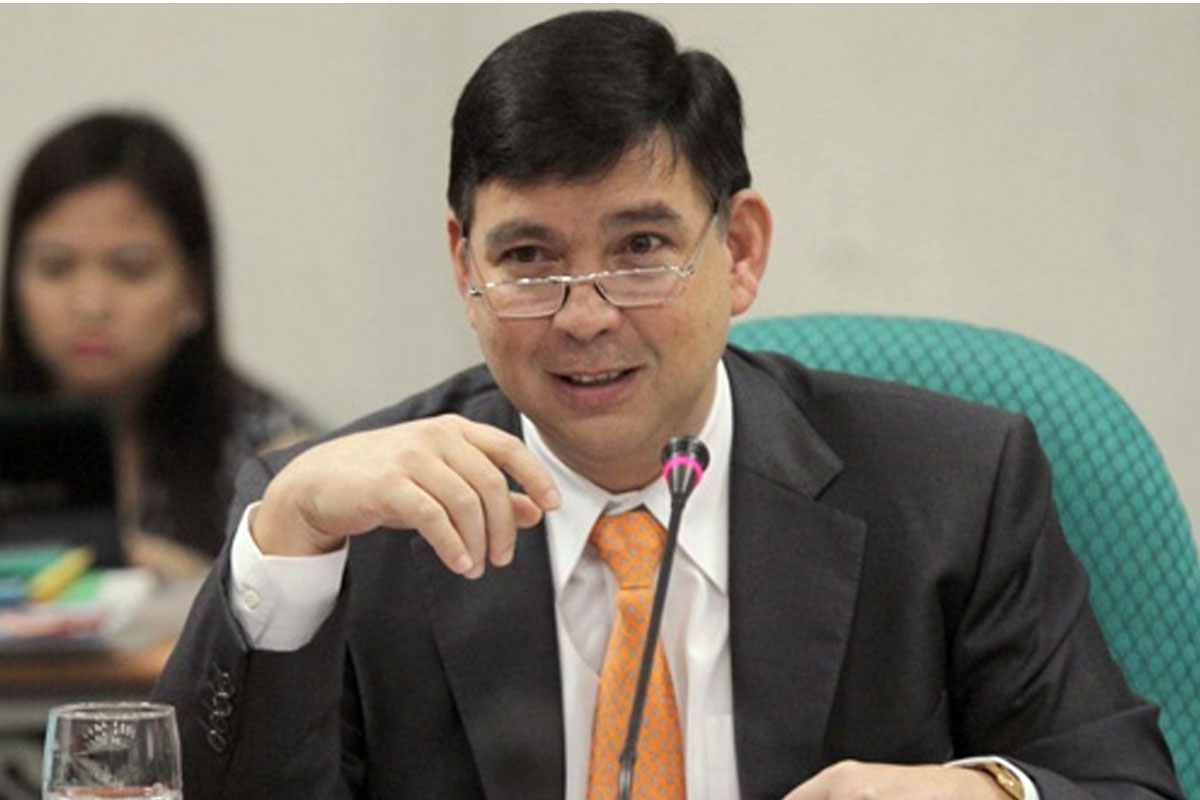
Recto to ‘former Senate classmates’: Pass estate tax amnesty extension
DEPUTY Speaker Ralph Recto on Sunday appealed to his former colleagues in the “smaller House” to pass the bill extending the estate tax amnesty period for two years.
A senator for 18 years, Recto believes his “former classmates can pass what is a simple bill” without having to wait for President Marcos Jr. to certify the measure as urgent.
When it resumes session on May 8, both chambers of Congress have 12 session days before it adjourns anew by the end of the month.
Under the estate tax amnesty law, the period to avail of the benefits expires on June 14, “which means the clock is ticking,” Recto said.
But Recto expressed hope of an extension “because in legislation, a month is an eternity. Kaya kayang-kaya ipasa.”
Although tax bills originate from the House, the Senate, in anticipation of House action, can start tackling the bill, so that when the House bill arrives, the Senate version is now primed for floor debates.
The bill moving the deadline of the estate tax amnesty to June 14, 2025 has hurdled the House committee on ways and means.
This paves the way for plenary debates, “whose outcome, its passage, is a certainty,” Recto said.
While in the Senate, Recto was among the authors of Republic Act 11213 which erased the penalties and significantly cut the rates for estate tax obligations.
However, the period to avail of the one-time tax relief coincided with the pandemic, prompting Congress to pass what would become RA 11569 which extended the amnesty period by two years, to June 14, 2023.
By extending the window of opportunity again by two years, “families will save billions while government will earn billions”
“Halimbawa, ‘yung lumang batas aabot ng 20 percent ang tax. At present, 6 percent na lang. ‘Yung lumang batas, kuripot sa exemptions. Ngayon, kung ang family home ay P10 million, deducted ‘yan sa bubuwisan, at may dagdag na P5 million standard deduction. Kung walang extension, hindi ito mapapakinabangan ng mga namatayan,” Recto said.
The extension is a “lifeline to a government scrounging for revenues and an act of kindness” to seniors whose vulnerability during the 30 months the pandemic raged prevented them from availing of the amnesty.
“Marami sa ating mga kababayang nasa ibang bansa na nais sanang ayusin ang namanang ari-arian ang hindi makauwi dahil sa matagal at mahigpit na lockdown,” Recto said.
“Putting a deceased loved one’s properties in order was also a casualty of Covid,” Recto said.
He hailed the House bill as an improved version of the estate tax amnesty law as it covers deaths which occurred on or before Dec. 31, 2021, amending the cut off period of Dec. 31, 2017 in RA 11213.
“Kaya pati ‘yung mga namatay during the pandemic and whose estate taxes have remained unpaid or have accrued as of this period, kasama sa amnestiya,” Recto said.
As society opens and restrictions are lifted, people are now free to move around in completing the complex legal requirements in putting a deceased loved one’s estate in order, he said.
But for people to unlock the potential of idle assets left by the deceased so these can be used for productive purposes by the heirs, this bill must be passed, Recto said.
“Ang isang dahilan kaya mababa ang availment ay mahirap na nga ang proseso, mahaba pa ang requirements, maraming pirma ang kailangan sa hatian ng mga minanang ari-arian, at dinagdagan pa ng Covid,” Recto said.
He said if the government had extended “lifelines, bailouts in the billions” to distressed commercial firms during the pandemic, “then why should not the same compassion be extended to families, more so that it won’t cost the government anything?”


